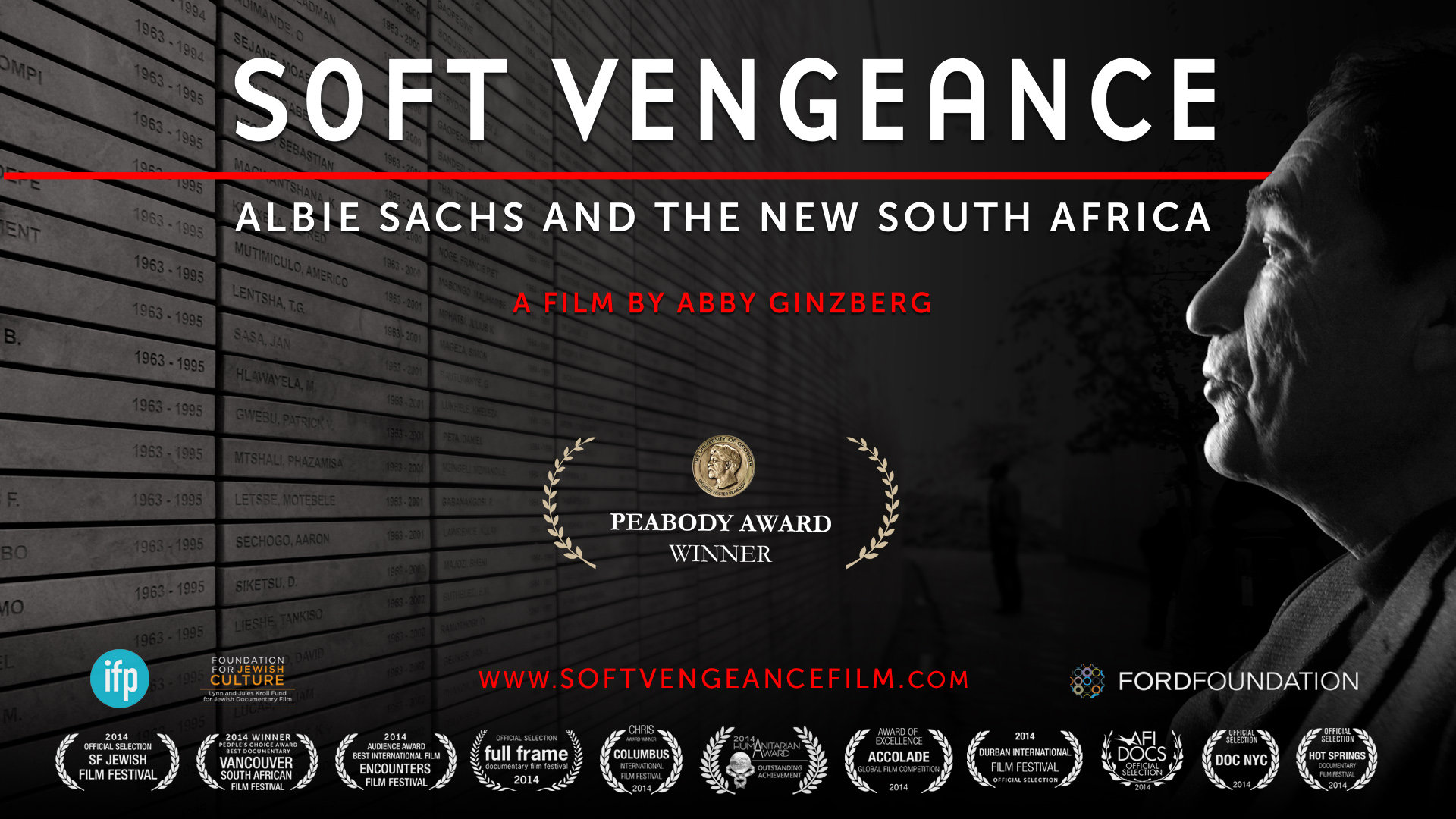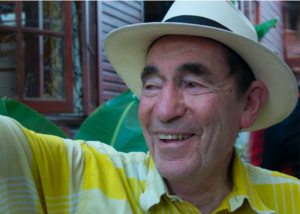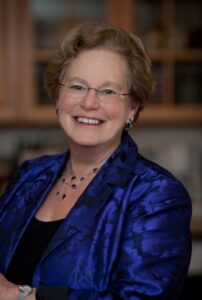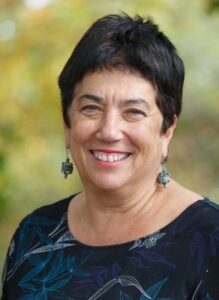
- This event has passed.
Albie Sachs and the New South Africa
September 26, 2021
| tickets by donationEvent Navigation

11 AM LOS ANGELES • 2 PM NEW YORK • 8 PM CAPE TOWN
xxxxx
Albert “Albie” Louis Sachs is a South African attorney and activist who worked closely with Nelson Mandela in the struggle for democracy and human rights. After twice being detained for his anti-apartheid activities he was blown up by a bomb planted in his car by South African security services. He survived the assassination attempt but lost his right arm and vision in one eye. He played a key role in writing South Africa’s Constitution in the 1990s and served for fifteen years on its Supreme Court. Meet this Jewish hero of South African democracy who will be with us in person!
xxxxx
WATCH THE TRAILER
THE SCHEDULE
⇒ September 24-27, watch Abby Ginzberg‘s film Soft Vengeance on your home device. A link will be provided to all who register.
⇒ Sunday, September 26 at 2:00 p.m. US Eastern Time, tune into the program with our distinguished panel of guests. A link will be provided to all who register.
xxxxx
MEET THE PANEL
xxxxx

On turning six, during World War II, Albie Sachs received a card from his father expressing the wish that he would grow up to be a soldier in the fight for liberation. His career in human rights activism started at the age of seventeen, when as a second year law student at the University of Cape Town, he took part in the Defiance of Unjust Laws Campaign. Three years later he attended the Congress of the People at Kliptown where the Freedom Charter was adopted. He started practice as an advocate at the Cape Bar aged 21. The bulk of his work involved defending people charged under racist statutes and repressive security laws. Many faced the death sentence. He himself was raided by the security police, subjected to banning orders restricting his movement and eventually placed in solitary confinement without trial for two prolonged spells of detention. In 1966 he went into exile. After spending eleven years studying and teaching law in England he worked for a further eleven years in Mozambique as law professor and legal researcher. In 1988 he was blown up by a bomb placed in his car in Maputo by South African security agents, losing an arm and the sight of an eye. During the 1980s working closely with Oliver Tambo, leader of the ANC in exile, he helped draft the organisation’s Code of Conduct, as well as its statutes. After recovering from the bomb he devoted himself full-time to preparations for a new democratic Constitution for South Africa. In 1990 he returned home and as a member of the Constitutional Committee and the National Executive of the ANC took an active part in the negotiations which led to South Africa becoming a constitutional democracy. After the first democratic election in 1994 he was appointed by President Nelson Mandela to serve on the newly established Constitutional Court. In addition to his work on the Court, he has travelled to many countries sharing South African experience in healing divided societies. He has also been engaged in the sphere of art and architecture, and played an active role in the development of the Constitutional Court building and its art collection on the site of the Old Fort Prison in Johannesburg.
 Abby Ginzberg (right) is the filmmaker of Soft Vengeance: Albie Sachs and the New South Africa. She is a Peabody award-winning director who has been producing compelling documentaries about social justice for over 30 years. Her film And Then They Came for Us about the connection between the incarceration of Japanese Americans during World War II and Trump’s Muslim travel ban, won a Silver Gavel Award and played in major festivals across the country. Her film Agents of Change about the 1960’s struggle for black and ethnic studies on college campuses premiered at the Pan African Film Festival, where it won the Jury and the Audience Awards for Best Feature Documentary. She holds a BA from Cornell University and a JD from Hastings College of the Law.
Abby Ginzberg (right) is the filmmaker of Soft Vengeance: Albie Sachs and the New South Africa. She is a Peabody award-winning director who has been producing compelling documentaries about social justice for over 30 years. Her film And Then They Came for Us about the connection between the incarceration of Japanese Americans during World War II and Trump’s Muslim travel ban, won a Silver Gavel Award and played in major festivals across the country. Her film Agents of Change about the 1960’s struggle for black and ethnic studies on college campuses premiered at the Pan African Film Festival, where it won the Jury and the Audience Awards for Best Feature Documentary. She holds a BA from Cornell University and a JD from Hastings College of the Law.

Dr. Shulamit Reinharz (left), who will moderate, was born in Amsterdam and grew up in the United States with long stays in Israel. She earned her B.A. from Barnard College and her Ph.D. from Brandeis University, both in sociology. She is the author of thirteen books, including American Jewish Women and the Zionist Enterprise (Brandeis, 2005); Observing the Observer (Oxford, 2011); and One Hundred Years of Kibbutz Life (Transaction, 2011) and is completing Surviving Holland, 1939-1947, a book about her father’s Holocaust experience. Dr. Reinharz is a popular lecturer who speaks frequently on a variety of topics. In 2017, she retired from Brandeis and became Professor Emerita.
xxxxx
Registration for this program is closed.


